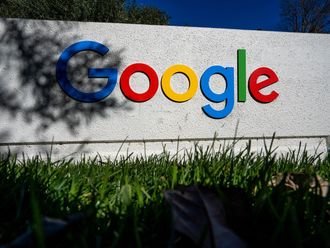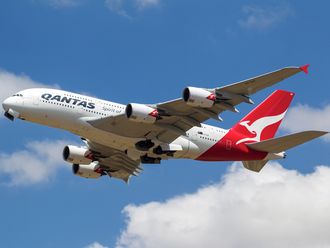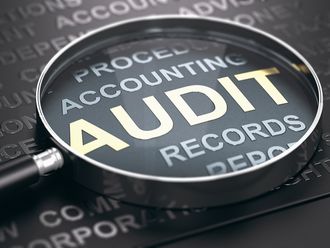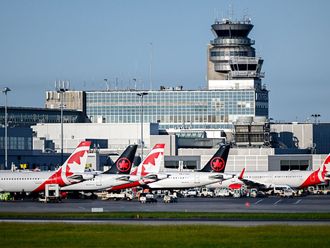London/ Frankfurt: From advertising and luxury goods to cars and heavy engineering, European industry is retrenching and abandoning its already modest growth targets, a worrying sign for investors who bought into the summer stock market rally.
The signals from third quarter results so far are that Asian, emerging market and resources sector demand is no longer making up for weakness at home.
The car industry has turned in a story of tumbling profits, plant closures and the first industry bailout since the 2008 crisis for Peugeot. Advertisers are seeing budgets cut, machine tools makers ABB and Sandvik have lost much of the previously buoyant demand for mining equipment and oil rigs.
Top German grocer Metro’s turned in a 35 per cent plunge in profits and warned of worse to come, and even luxury clothing group Gucci’s previously insatiable Chinese customers are curbing their appetites.
“We’re seeing evidence of a weak economy all around us,” Royal Dutch/Shell’s Chief Financial Officer Simon Henry told reporters on Thursday.
As well as being Europe’s largest company selling fuel to millions of drivers and manufacturers, Shell also provides the chemicals that go into making everything from detergents to refrigerators via waterproof clothing and computer parts.
“European consumer and commercial/industrial demand is pretty weak across the board, including chemicals, and (there are) very few signs of recovery,” Henry said.
Thomson Reuters Starmine data shows that out of the 53 per cent of leading European companies outside the energy sector that have reported earnings so far, 44 per cent undershot forecast profits. More worryingly, as an indicators of future earnings growth and the robustness of demand, 53 per cent missed expectations for revenue.
Reuters asset allocation polls out this week showed that a shift into keenly priced European equities continued into October. Global fund holdings troughed in May.
But portfolio managers are hedging their bets.
Analysts at Morgan Stanley spotted the early signs of an unjustified rally this summer in both European and US shares.
“We think it’s now time to turn defensive on what is likely to be a tradeable setback for risk assets, particularly developed world equities,” the bank’s cross asset strategy team said in a research note last week.
The signals are not all one way. Norway’s $660 billion sovereign wealth fund said on Friday it was optimistic on European stocks for the long term, even though it bought less of them in the third quarter compared to earlier this year.
But even those European stocks that might have worn a defensive tag in Europe look less of a safe haven in this cycle. Food groups Danone and Nestle have reported disappointing sales as consumers switch to cheaper alternatives, and healthcare giant GlaxoSmithKline has been hit by continued pressure on drug prices in austerity-hit Europe.
Slipping business sentiment in core European countries such as Germany as well as slowing Asian demand for European cars and machines seem to indicate the coming months could remain tough.
“Europe is not going to be a growth engine for the world for the next year,” Willem Verhagen, Senior Economist at ING Investment Management, said.












